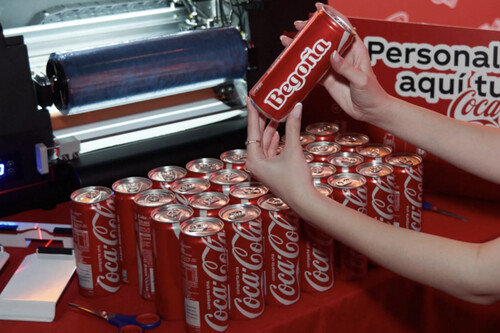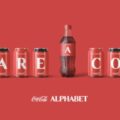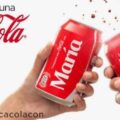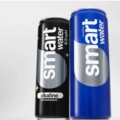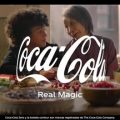Few marketing campaigns have had as much impact as printing proper names on an everyday package. Personalized cans were transformed into more than just a simple container: they became objects with sentimental value, desired for collecting, gifting, or displaying on social media.
What was once a trivial gesture—opening a soft drink—became for many an act of instant identity. The success of the initiative lies in the emotional component. Finding one’s own name on a supermarket shelf generates a feeling of personal recognition in the consumer, as if the brand had thought directly of them.
Although the product retains the same flavor as always, the label with familiar letters adds complicity and creates the illusion of massive exclusivity, which translated into millions of sales.
The phenomenon demonstrates that personalization sells. Seeing a name, a nickname, or that of a loved one on an object as common as a can turns the ordinary into an experience: a conversation, a shared photo, or a memory stored in the refrigerator. A formula that shows how emotional marketing is capable of reinventing the most basic.
The strategy was developed in 2012 by a team that included graphic designer Pedro Carter, with more than a decade of experience, according to his LinkedIn profile. The goal was to offer each consumer the feeling of having a unique souvenir, comparable to classic personalized keychains. That emotional connection transformed the campaign into a global phenomenon and the product into a collectible item in high demand.

